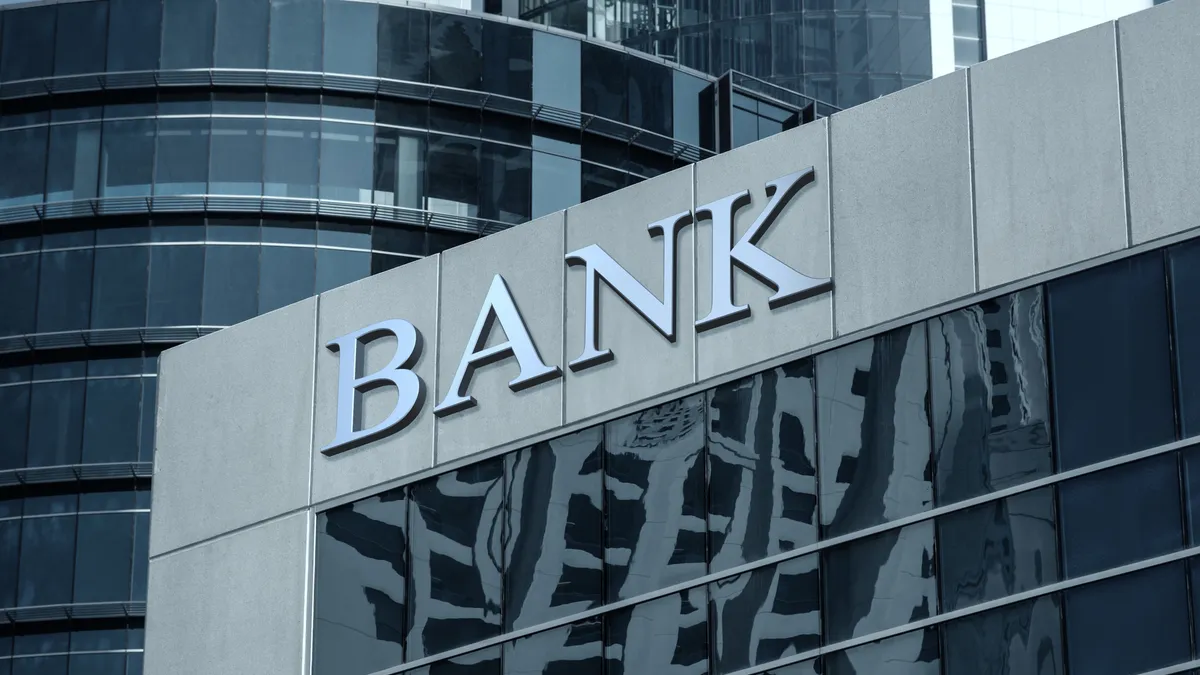2023 brought the most contentious proposed regulation in years: a revamp that would require the U.S.’s biggest banks to hold roughly 19% more capital than they do now.
Lawmakers and trade groups opposed to the rule first attacked it on the grounds that it contained “paltry” impact analysis — especially in light of its 1,087-page heft. The agencies responsible for it — the Federal Reserve, Federal Deposit Insurance Corp. and Office of the Comptroller of the Currency — extended the comment deadline on the proposal. Reaction has been so varied that it’s hard to predict where regulators will land: How extensively will the proposal be amended? Could it be withdrawn and rewritten? And how closely are interested parties watching the clock? It’s a presidential election year, after all, and a change in the White House could de-fang the rule on arrival.
Banking Dive looks at nine of the most critical opinions regarding the rule. But 2024’s regulatory landscape hardly ends there. Regulators have begun the year at a torrid clip. The OCC suggested doing away with a hastened version of bank merger review. The Consumer Financial Protection Bureau floated a proposal that could cut overdraft fees as low as $3. It then proposed preventing banks from levying nonsufficient funds fees on transactions declined in real time.
If the CFPB appears to be regulating as though its life depends on it, it may be. The Supreme Court is expected to rule this year in a case that questions the constitutionality of the agency’s funding. And detractors look ready to rip the bureau down to the studs.
Banking-as-a-service stands as another area in which banks and their fintech partners could find themselves under increased regulatory scrutiny. As if a shot across the bow, the OCC issued a fresh consent order against Blue Ridge Bank, over the bank’s alleged continuous failure to maintain a strong and well-staffed anti-money laundering compliance program.
Perhaps most unpredictable of all: What chance is there that the factors contributing to last year’s failures of Silvergate, Signature, First Republic and Silicon Valley Bank could combine to produce another wave of turmoil?
Read on to see what 2024 may have in store.













